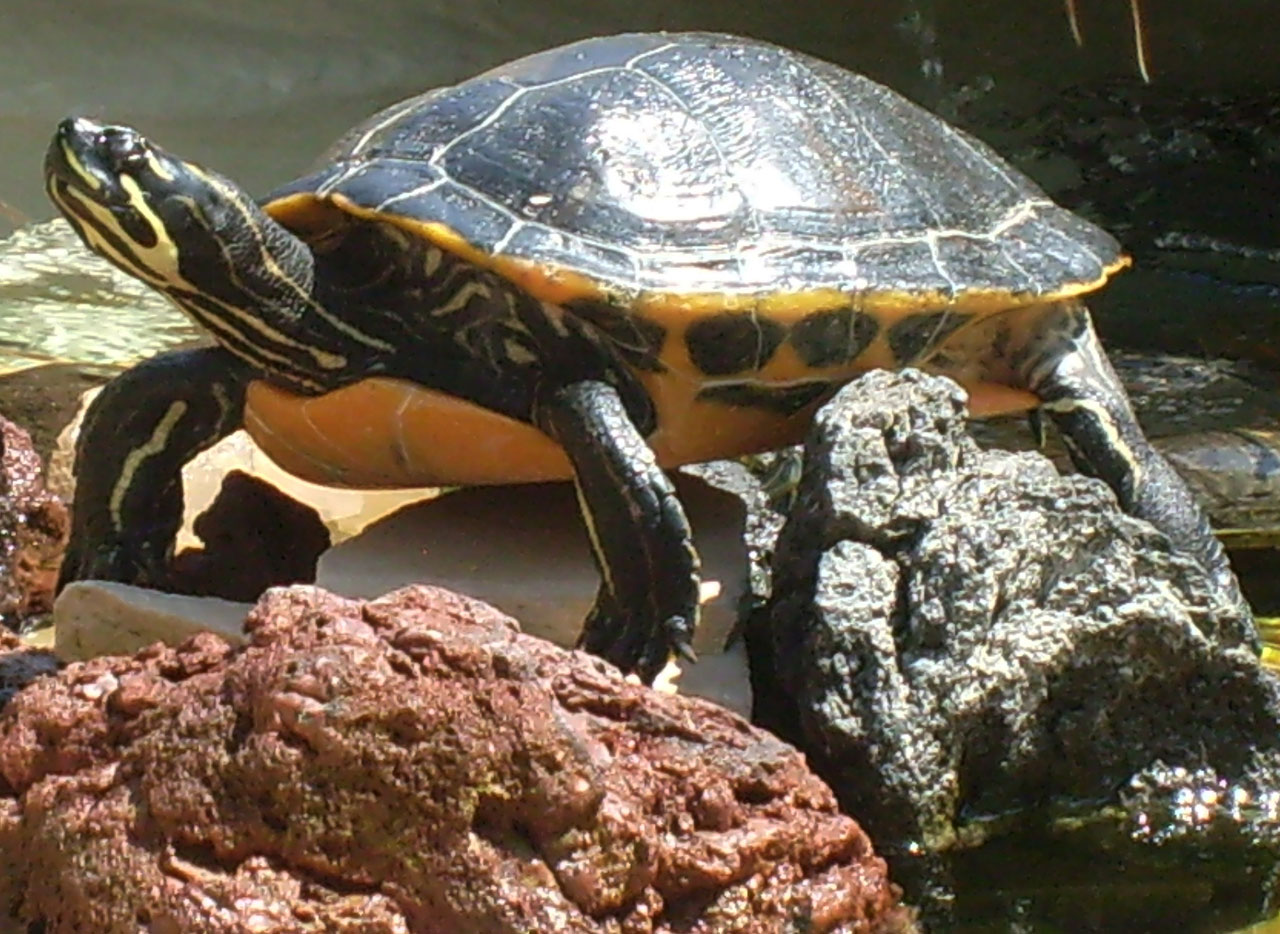Can Turtles Eat Kale?
Turtles are fascinating creatures that have unique dietary needs. As a turtle owner or someone interested in their well-being, you may wonder if kale is a suitable food for these reptiles. In this article, we will explore the question, “Can turtles eat kale?” and provide you with valuable insights into the topic.
The Nutritional Needs of Turtles
Before delving into whether turtles can eat kale, it is essential to understand their nutritional requirements. Turtles are omnivores, meaning they consume both plant and animal matter. Their diet typically consists of leafy greens, vegetables, fruits, and occasionally, small insects or fish.
Turtles require a balanced diet to thrive and maintain good health. They need a variety of nutrients, including protein, vitamins, minerals, and fiber. Providing a diverse range of foods ensures that turtles receive all the necessary nutrients to support their growth and overall well-being.
The Benefits of Kale for Turtles
Kale is a leafy green vegetable that has gained popularity among health-conscious individuals. It is rich in various nutrients, making it a potential addition to a turtle’s diet. Here are some benefits of kale for turtles:
- Vitamins and Minerals: Kale is packed with vitamins A, C, and K, which are essential for a turtle’s immune system, shell health, and overall growth. It also contains minerals like calcium and iron, which contribute to strong bones and proper blood function.
- Fiber: Turtles require fiber to aid digestion and maintain a healthy gut. Kale contains dietary fiber that can support their digestive system and prevent constipation.
- Hydration: Kale has a high water content, which can help keep turtles hydrated, especially during hot weather or in dry environments.
Considerations When Feeding Turtles Kale
While kale can offer several benefits to turtles, there are some considerations to keep in mind before incorporating it into their diet:
- Calcium to Phosphorus Ratio: Turtles require a proper calcium to phosphorus ratio in their diet to maintain healthy shell development. Kale contains calcium, but it also has a high phosphorus content. Therefore, it is important to balance kale with other calcium-rich foods, such as calcium supplements or foods like cuttlebone.
- Goitrogens: Kale, along with other cruciferous vegetables, contains goitrogens. Goitrogens can interfere with the thyroid function of turtles if consumed in large quantities. However, when fed in moderation, the goitrogenic effects are unlikely to cause harm.
- Organic and Pesticide-Free: When feeding kale to turtles, it is best to choose organic and pesticide-free options. Pesticides can be harmful to turtles and may have adverse effects on their health.
Frequently Asked Questions (FAQ)
1. Can turtles eat kale every day?
While kale can be a nutritious addition to a turtle’s diet, it is not recommended to feed it every day. Variety is key to providing a well-rounded diet for turtles. Rotate kale with other leafy greens and vegetables to ensure they receive a diverse range of nutrients.
2. How should kale be prepared for turtles?
Kale should be thoroughly washed to remove any dirt or pesticides. It is best to offer kale in small, bite-sized pieces to make it easier for turtles to consume. Some turtle owners also prefer to blanch kale briefly to soften it before feeding.
3. Can baby turtles eat kale?
While kale can be included in a baby turtle’s diet, it is important to introduce it gradually. Baby turtles have specific dietary requirements, and their diet should primarily consist of commercial turtle food formulated for their growth and development.
4. Can turtles eat kale stems?
Turtles can eat kale stems, but they are often tougher and less palatable than the leaves. It is recommended to remove the tough stems and offer the softer leaves to turtles.
5. Can turtles eat cooked kale?
Turtles are generally not accustomed to consuming cooked food. It is best to offer kale to turtles in its raw form, as cooking can alter the nutritional composition and may reduce its benefits.
6. Can turtles eat kale as their primary food?
No, kale should not be the primary food for turtles. While it can be a part of their diet, turtles require a varied and balanced diet that includes other leafy greens, vegetables, fruits, and protein sources.
Summary
In conclusion, turtles can eat kale as part of a balanced diet. Kale offers various nutrients, including vitamins, minerals, and fiber, which can benefit turtles’ overall health. However, it is important to consider the calcium to phosphorus ratio, goitrogenic effects, and the quality of the kale being fed. Remember to provide a diverse range of foods to meet all of a turtle’s nutritional needs. By offering kale in moderation and alongside other suitable foods, you can contribute to the well-being of your turtle.



